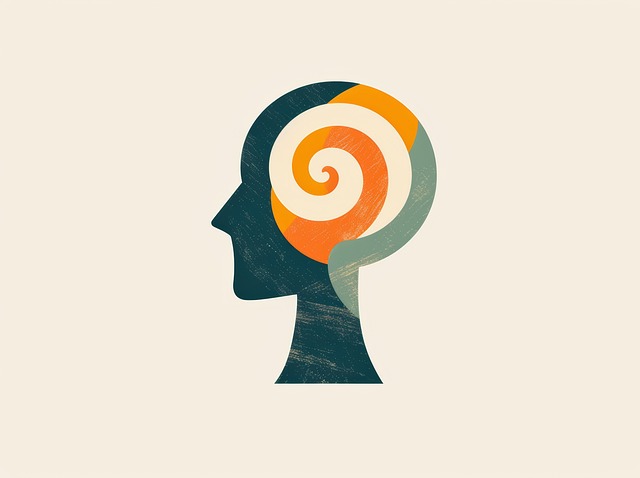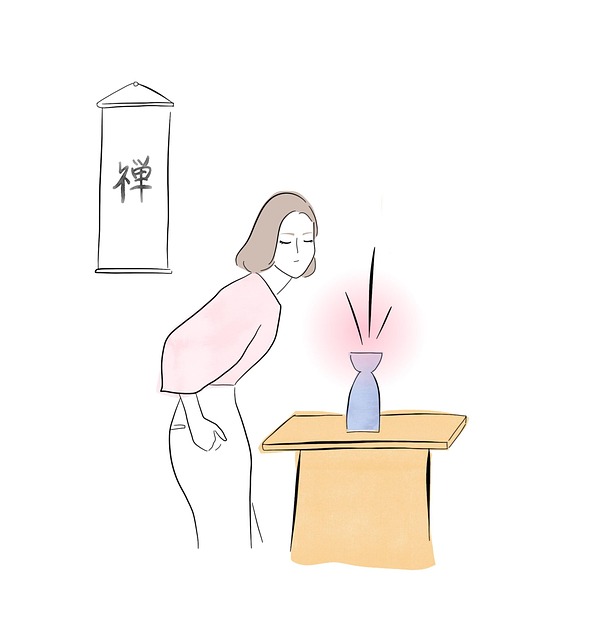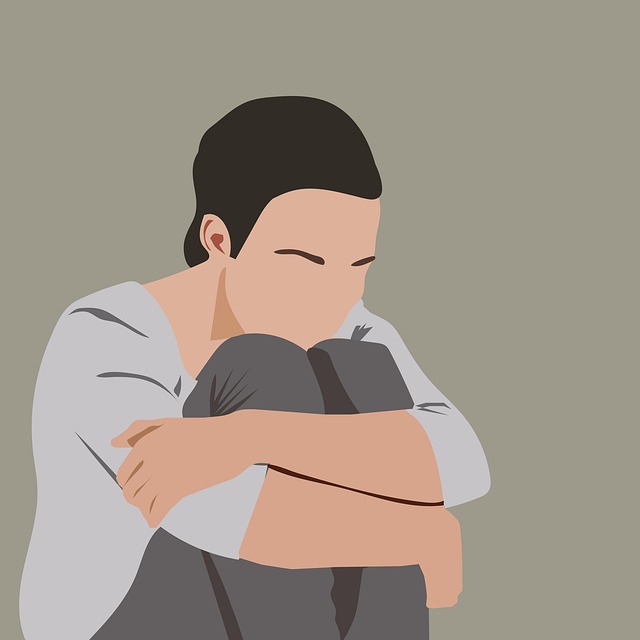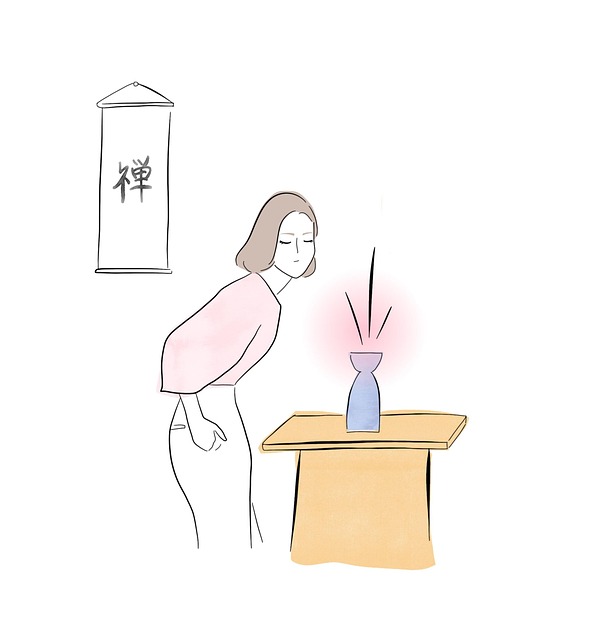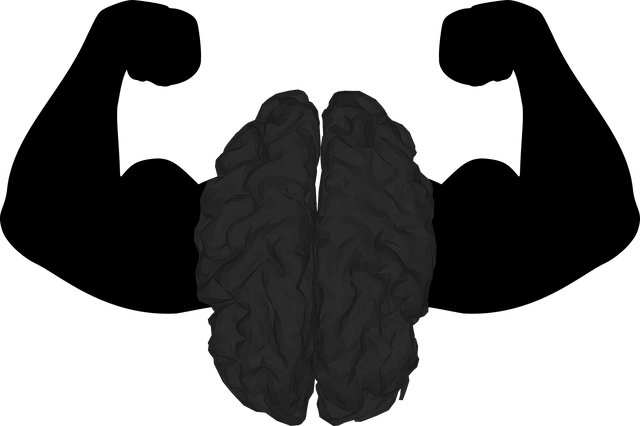Mental Health Crisis Hotlines, like Lafayette Postpartum Depression Therapy, offer 24/7 support through trained professionals using reflective listening and validating statements for acute emotional turmoil. They play a vital role in early detection, risk assessment, and preventing symptom escalations, empowering users with coping mechanisms for future crises. These hotlines provide confidential, non-judgmental spaces encouraging open conversations about mental well-being, fostering compassion and understanding, particularly for new mothers experiencing postpartum depression through specialized services integrating compassion cultivation practices and mental wellness coaching.
In today’s fast-paced world, mental health crisis hotline support services play a pivotal role in assisting individuals navigating intense emotions. This article explores the significance of these lifeline resources, with a specific focus on Lafayette Postpartum Depression Therapy—a specialized service addressing the unique challenges new mothers face. We’ll guide you through understanding crisis hotlines, highlighting their accessibility and impact, while also tackling the pervasive stigma surrounding mental health support. By shedding light on these services, we aim to encourage open conversations and promote vital community support.
- Understanding Mental Health Crisis Hotlines
- The Role of Lafayette Postpartum Depression Therapy
- Accessing and Utilizing These Services
- Overcoming Stigma and Promoting Support
Understanding Mental Health Crisis Hotlines

Mental Health Crisis Hotlines serve as vital safety nets for individuals experiencing severe emotional distress or psychotic breaks. These 24/7 services provide immediate support through trained professionals who offer active listening, crisis intervention, and a safe space to express feelings. Key communication strategies employed include reflective listening, validating statements, and guiding users towards coping mechanisms tailored to their specific needs.
For at-risk individuals like those suffering from Lafayette Postpartum Depression Therapy, hotlines play a crucial role in early detection and risk assessment for mental health professionals. By assessing the severity and nature of symptoms, these services help prevent escalations and facilitate timely interventions. Moreover, they foster resilience building by equipping users with tools to manage future crises, ultimately enhancing their ability to navigate life’s challenges more effectively.
The Role of Lafayette Postpartum Depression Therapy

Lafayette Postpartum Depression Therapy plays a vital role in supporting new mothers facing mental health challenges. This specialized service offers crisis intervention guidance tailored to address postpartum depression and anxiety, which can profoundly impact women soon after giving birth. By providing a safe and non-judgmental space, therapy enables individuals to navigate their emotional struggles and develop effective coping strategies.
Through the integration of compassion cultivation practices and mental wellness coaching programs, Lafayette Postpartum Depression Therapy fosters resilience and promotes overall well-being. These evidence-based approaches help new mothers cultivate self-compassion, understand their emotions, and gain practical tools to enhance their mental health. By offering such targeted support, this initiative ensures that parents can better care for themselves and their families while navigating the beautiful yet challenging journey of new parenthood.
Accessing and Utilizing These Services

Accessing support services for mental health crises is a vital step towards recovery and well-being. For individuals experiencing postpartum depression in Lafayette, there are dedicated hotline services available 24/7. These hotlines offer confidential and immediate assistance, ensuring that those struggling receive timely help. The process of utilizing these services is straightforward; one simply needs to dial the designated number, often easily found online or through local healthcare providers.
Culturally sensitive practices are integral to effective mental healthcare. Hotline counselors are trained to provide support tailored to individual needs, considering cultural backgrounds and unique personal experiences. Additionally, incorporating mindfulness meditation techniques can aid in managing stress and anxiety during crises. Burnout prevention strategies for healthcare providers are also essential to ensure that those offering support remain equipped and resilient in their roles.
Overcoming Stigma and Promoting Support

Stigma surrounding mental health issues has long been a significant barrier to individuals seeking help. However, with increasing awareness and efforts to destigmatize, more people are now open to discussing their struggles and reaching out for support. Mental health crisis hotline services play a pivotal role in this shift by offering confidential, non-judgmental spaces for individuals to express their feelings and concerns.
Promoting support for mental well-being starts with acknowledging that everyone experiences stress and mood fluctuations at some point. By encouraging open conversations about these topics, hotlines foster a culture of compassion and understanding. Lafayette Postpartum Depression Therapy, for instance, has gained recognition as an effective approach to addressing specific mental health challenges new mothers often face. Through the integration of Compassion Cultivation Practices, these services empower individuals to manage their moods and stress effectively, ultimately nurturing their overall well-being.
Mental health crisis hotline support services, like Lafayette Postpartum Depression Therapy, play a pivotal role in addressing urgent psychological needs. By providing accessible and confidential assistance, these hotlines offer a lifeline for individuals facing mental health crises. Overcoming stigma through open dialogue and education is essential to encourage those in need to seek help without hesitation. Through increased awareness and community support, we can ensure that everyone has access to the resources they require to navigate and overcome their challenges.

